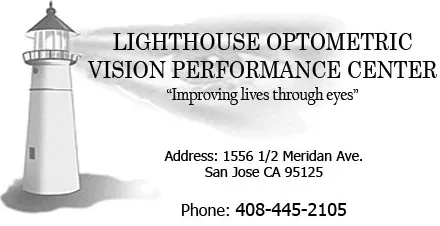
Fuchs' dystrophy (pronounced fooks DIS-truh-fee) is an eye disease characterized by degenerative changes to the cornea’s innermost layer of cells. The cause for Fuchs' dystrophy is not fully understood. If your mother or father has the disease, then there is roughly a 50 percent chance that you will develop it as well. While Fuchs' dystrophy can sometimes be genetic, it can also occur in individuals who have no known family history of the disease.
Understanding Fuchs’ Dystrophy
Fuchs’ dystrophy typically causes vision problems in individuals who are 50 years or older, although symptoms are sometimes diagnosed in individuals who are younger. While Fuchs’ dystrophy can affect both genders, it most commonly affects women. This eye disease affects the innermost layer of cells in the cornea, the endothelium, causing degenerative changes. As the disease progresses, the cornea swells (known as a cornea edema) and clouds, which causes a decline in vision. Finally, the swelling also causes blisters to develop on the front of the cornea, a condition known as bullous keratopathy.
Symptoms and Diagnosis
Fuchs’ dystrophy symptoms include eye pain, foggy vision, blurred vision, sensitivity to light, the appearance of halos around a light source, and vision trouble at night. Individuals typically experience poor vision upon awakening that improves later in the day. Another common symptom is the sensation that a foreign object (e.g., an eyelash) is in the eye, even though nothing is there.
A comprehensive eye exam is necessary to diagnose Fuchs' dystrophy. During this exam, an eye care professional uses an instrument called a “slit lamp” to examine the cornea. The slit lamp magnifies the cornea, allowing the eye care professional to detect the subtle changes to the cornea’s endothelium cells, which characterize the disease. The earliest clinical signs are a reduced number of endothelium cells and small, drop-like lesions along the endothelium.
Treatment
Treatment for Fuchs’ dystrophy depends on the stage of the disease at diagnosis. For an early-stage diagnosis, it is possible to improve vision with special 5% sodium chloride drops that remove excess water from the cornea. If the disease is caught in later stages, a cornea transplant may be necessary to replace a ruptured cornea. As an alternative to a full cornea transplant, a new treatment known as DLEK (deep lamellar endothelial keratoplasty) can replace the endothelium while leaving the upper layers of the cornea untouched. Finally, if you have been diagnosed with Fuchs’ dystrophy, keep in mind that certain eye surgeries, including LASIK, can actually worsen this condition.
